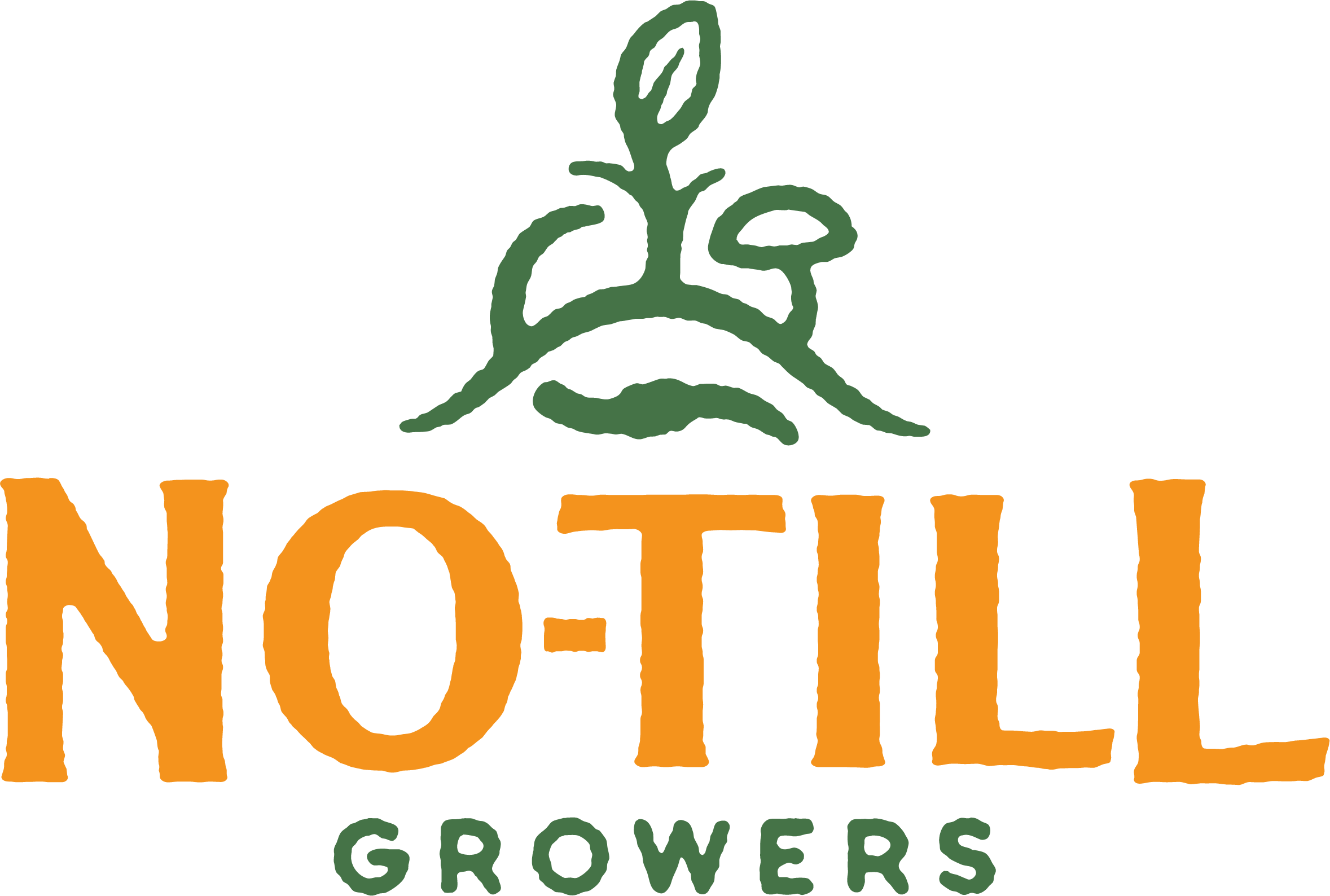What to Expect from Season 2 of the Podcast
Hey Podcast Farmers,
Season two of The No-Till Market Garden Podcast is just around the corner.. I’ve recorded six episodes—of about thirty—and let me just tell you, season two is going to blow minds. Sorry, not sorry.
First, we are going to speak with a bunch of different growers who use methods that we still somehow have not covered (they just keep coming!). To me, this is the heart of the show—collecting as many no-till methods as we possibly can, sharing them with an ever wider audience, and adding their approaches to your proverbial no-till toolbox. Regardless of anything else we do, that will always be the core—farmers diving into other farmers methods for reducing tillage and supporting soil biology.
Note: if you want to hear about a wider range of farm topics, like business or personnel management, there are several other GREAT podcasts out there (Farm Small, Thriving, etc), and we’re choosing to go deep on no-till methods for small-scale veg. We thought we would run out of material halfway through season one, turns out we’ve barely scratched the surface.
We’re also going to speak with a few agronomists, researchers, and authors about soil science, ecology, and biology that will allow us to become better growers. The methods are at the heart of the show, but the science is at the heart of no-till—understanding the biological interactions within the soil on a basic level, and how to support them instead of suppress, is critical to becoming a good no-till grower. The science to support no/low-till farming is coming out at a seemingly exponential rate, but little of it is written expressly for farmers, so we hope to break the science down into something we can implement directly on the farm.
And failure. We are looking for more failure this year—things that just didn’t work. We want to hear about guests no-till experiments and/or farming ventures that may not have worked and why. Or aspects of no-till they are still struggling with. We feel we learn more from failures on our own farm than the successes, and that most of the time we only get a view of the successes of other farms (thanks, social media) and not the hundreds of failures that brought them to the point of success. We want more of that, if for no other reason than we will all fail somehow next year, and it’s a good reminder we’re not alone, to keep moving forward. In order to do something well, you first have to do it poorly, and there ain’t no shame in that.
We are also going to dig into subjects we did not get to in year one: flower production, maybe (BIG MAYBE) some small-scale hemp/CBD (as long as it is in a market garden context and involves some amount of vegetable production), and perhaps a few of the larger no-till growers for some scale and context. Also, KNF will get it’s chance to defend itself.
I promise am working hard on sound quality, but also I am realizing that some of it is just plain out of my hands. I can send headsets to guests and do all the things right and a simple rural internet connection will clobber the sound quality. If and when we get to Joe Rogan status, then we can fly everyone out to the nice studio (which is at least in the house now, an upgrade from the cooler), but until then, I am doing everything in my power to make it sound better. God willing, at least no lost episodes this year. Knock on wood.
Because we do not bank more than five or six episodes at a time, we are open to adding to and changing the structure as the season goes on. We want this to be as interactive as possible, for the listeners to have some say in the direction of the podcast. Through our patreon page, patrons can know who’s going to be on and submit questions for guests. Whether you’re a patron or not, though, we always want to hear how we can make the show better.
Speaking of interactive, we are going to slowly begin incorporating some amount of video with the podcast. By season three we would love for most, if not all, episodes to have several very detailed videos to accompany them outlining some of the things we spoke about on the podcast (and maybe some others we didn’t get to) in great detail. You’d see the implement or process in action, on the farm, in it’s proper context (with some sweet drone footage, of course). That is our goal, but the patreon page would have to grow for that to happen. So, consider signing up if you are not a patreon supporter already, or increasing your level of giving, and stay tuned. It’s gonna be a badass season, y’all!
